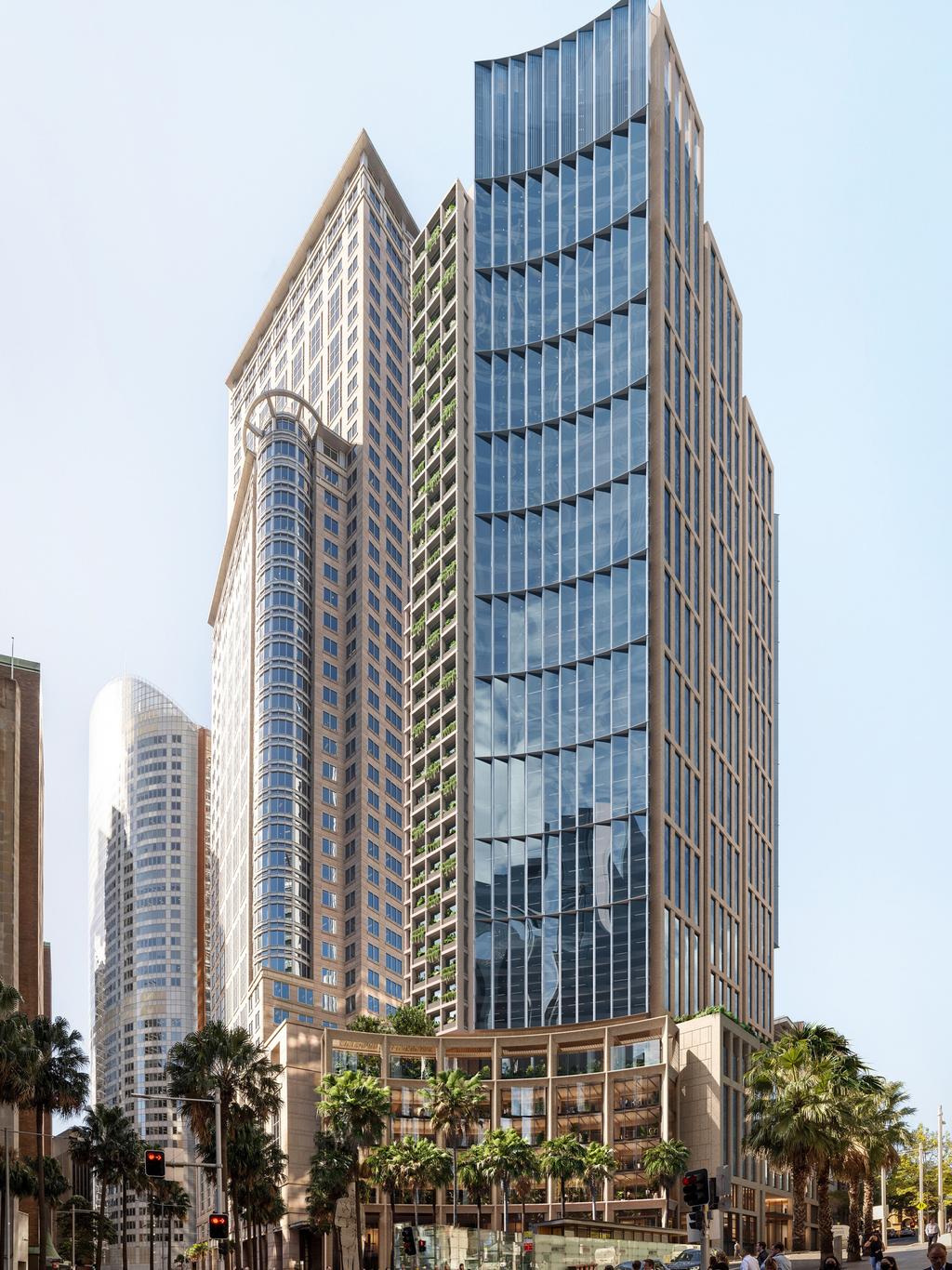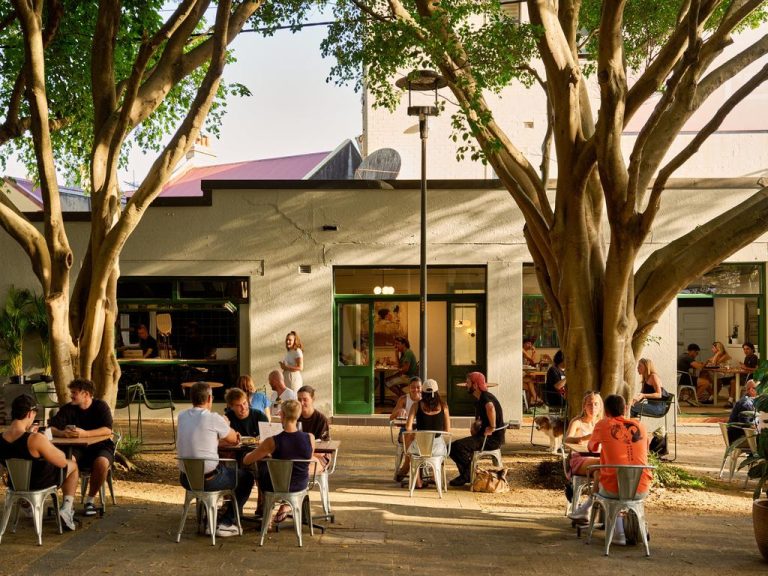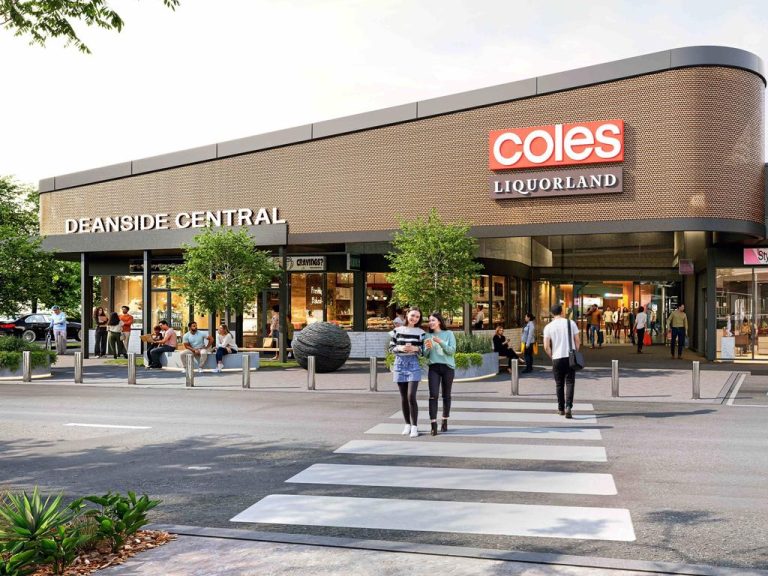Charter Hall flags shifts into living as market take off

Charter Hall chief executive David Harrison is bullish about the direction of commercial property markets.
A fear of missing out is emerging among commercial property buyers according to industry veteran and Charter Hall chief executive David Harrison.
The company is seeing a surge of interest back into its own funds and across the sectors of the market in which it develops and manages premium property.
While the company is having success in launching new funds, particularly in specialist areas like convenience retail, it is finding competition is rising as more players look to get in the market before it really takes off.
Mr Harrison said the period of rising interest rates had now reversed, bringing down debt costs, and making more property transactions stack up for buyers. Both domestic and offshore investors have turned positive on the market and are driving demand for assets.
Even the once beaten-down listed property sector is back, giving it the capacity to raise equity to pursue assets.
“You’re going to see REITs start to raise money over the next 12 months to buy assets,” Mr Harrison said “So FOMO emerges, and buyers want to get in before capitalisation rates compress, and sellers don’t want to sell because it’s at the bottom of the market.”
“So you have this pressure cooker, and when demand exceeds the supply of assets that you can buy, prices go up,” he said.
The shift is also giving Charter Hall “high conviction” on continued rental growth in the areas where it is active, which will now include a greater emphasis on the growing living sector.
Charter Hall is winning approvals and adding value to assets it already owns. It has sites in major capitals, most notably Sydney, where it has won approval for a $3bn luxury project in Elizabeth Street in the city.
“That’ll create an opportunity to create more wholesale partnerships to fund residential build-to-sell projects,” he said. “I’m not a big believer in build-to-rent. I think you can do build-to-rent as a small part of a multi-tower complex, but the majority of the product will be built-to-sell.”

Artist impression of Charter Hall’s Chifley precinct in the Sydney CBD, comprising the existing Chifley North tower and the new Chifley South tower.
The property funds group turned in a $327.7m profit and flagged both the deeper push into the living sector and opportunities for data centres on some of its sites. The company’s operating earnings rose to $385m reflecting operating earnings per security after tax of 81.4c, a 7.3 per cent lift.
Charter Hall is seeing a recovery in inflows and had $3.4bn of capital flows and it struck over $6.1bn worth of deals. Funds under management, including its stake in an equities business, hit $84.3bn.
Mr Harrison said there had been an inflection point in the property market, driven by stabilising asset values, falling interest rates and accelerating demand from investors.
Charter Hall launched a $2.5bn convenience retail fund, which won $1.8bn in equity commitments, and also picked up the mandate to manage Challenger Life’s $2.1bn Australian property portfolio from Elanor Investors.
“We’re high conviction on convenience retail, we think office has been over devalued, and therefore, there’s going to be good buying in the office sector, particularly modern long lease assets, and then we’re still high conviction on industrial,” he said.
Charter Hall has two premium grade office towers under construction – its revamp of the Chiefly precinct in Sydney, which is 60 per cent pre-leased – and another in Brisbane. It said that development activity was driving returns as it is focused on premium assets.
Development completions totalled $900m over the last 12 months and the development pipeline stands at about $17bn, partly driven by the company’s work on winning approvals for residential projects. “The future supply of all property sector development is materially constrained and significantly below historic norms. Redevelopment of commercial real estate sites to a higher and better use such as living and mixed use developments has the potential to create material value,” Mr. Harrison said.
The company gave fiscal 2026 earnings guidance of 90c per security for post-tax operating earnings per security, representing 10.6 per cent growth over fiscal 2025. Charter Hall shares bumped up 2.5c to $22.84.







